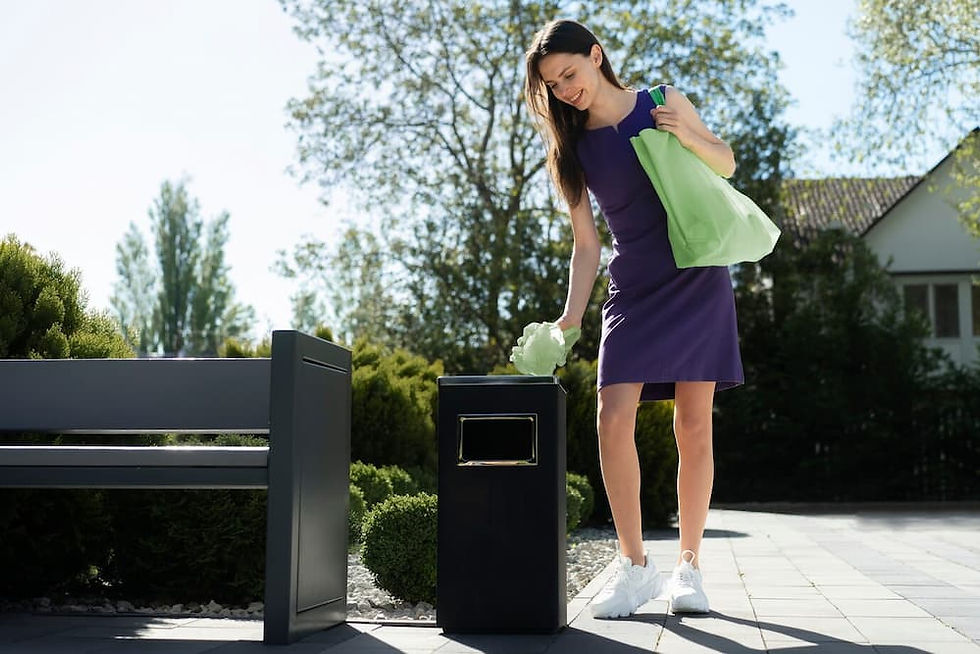Understanding The Role Of Heating And Cooling Systems On Indoor Air Quality: A Detailed Exploration
- Evan Javier
- Sep 25, 2023
- 2 min read
Updated: Apr 8, 2024
Have you ever wondered how your home's heating and cooling systems affect the quality of air you breathe indoors? Curious about why certain rooms feel stuffy, while others remain fresh and inviting? And how does the thermostat set impact your indoor air quality? These are relevant queries that every homeowner grapples with, and they are fundamental to understanding your home's ambiance, the health of your family, and ultimately your quality of life. In the following written piece, we dive into the crucial yet often overlooked matter of indoor air quality, exploring how your heating, ventilation, and air conditioning (HVAC) systems play a pivotal role.

The Connection Between HVAC Systems and Indoor Air Quality
How, exactly, do your heating and cooling systems impact your indoor air quality, you might ask? Well, your HVAC systems are primarily responsible for circulating air within your home. They control temperature and humidity levels and filter out many pollutants. Yet, if not correctly maintained, they might do more harm than good.
The Importance of Adequate Ventilation
Ventilation, the most underrated component of an HVAC system matters significantly. It ensures that fresh air circulates through your house, diluting airborne pollutants. Moreover, it reduces moisture levels, diminishing the chances of mold growth.
The Impact of Temperature and Humidity on Air Quality
Adjusting your thermostat not only controls comfort but also influences your indoor air quality. High temperatures and humidity can encourage the growth of harmful airborne microbes. Conversely, excessively dry air can lead to respiratory discomfort.
Consequences of Poor HVAC Maintenance
Ignoring routine HVAC maintenance compromises your indoor air quality. Dust, dander, and other particles can clog the filters, impeding clean air flow, and harbor harmful bacteria and fungi, causing potential health problems.
Professional Versus DIY Maintenance
Professional servicing for your HVAC unit can seem expensive. But can DIY upkeep measure up? Minor maintenance such as regular filter cleaning can be managed. However, deep cleaning and mechanical issues call for professional expertise.
Pros and Cons of Various HVAC Systems
Different HVAC systems have unique effects on indoor air quality. Centralized systems offer temperature uniformity but might circulate pollutants throughout the house. Ductless mini-split systems offer zoned comfort and filtration but require regular servicing to ensure air quality.
Conclusion: An Overall Perspective on HVAC Systems and Indoor Air Quality
Understanding the relationship between your HVAC systems and indoor air quality is crucial to creating a comfortable and safe home environment. While heating and cooling systems play a significant role in maintaining air purity indoors, their efficiency depends heavily on regular maintenance, adequate ventilation, and apt temperature and humidity control. In addition, determining the right Heating and Cooling system for your household can significantly enhance your indoor air quality. Invest in the health and wellbeing of your family by ensuring that the air you breathe inside your home is as clean and safe as possible. After all, our homes should not only be a haven of physical comfort but also a sanctuary for true wellness.




Comments